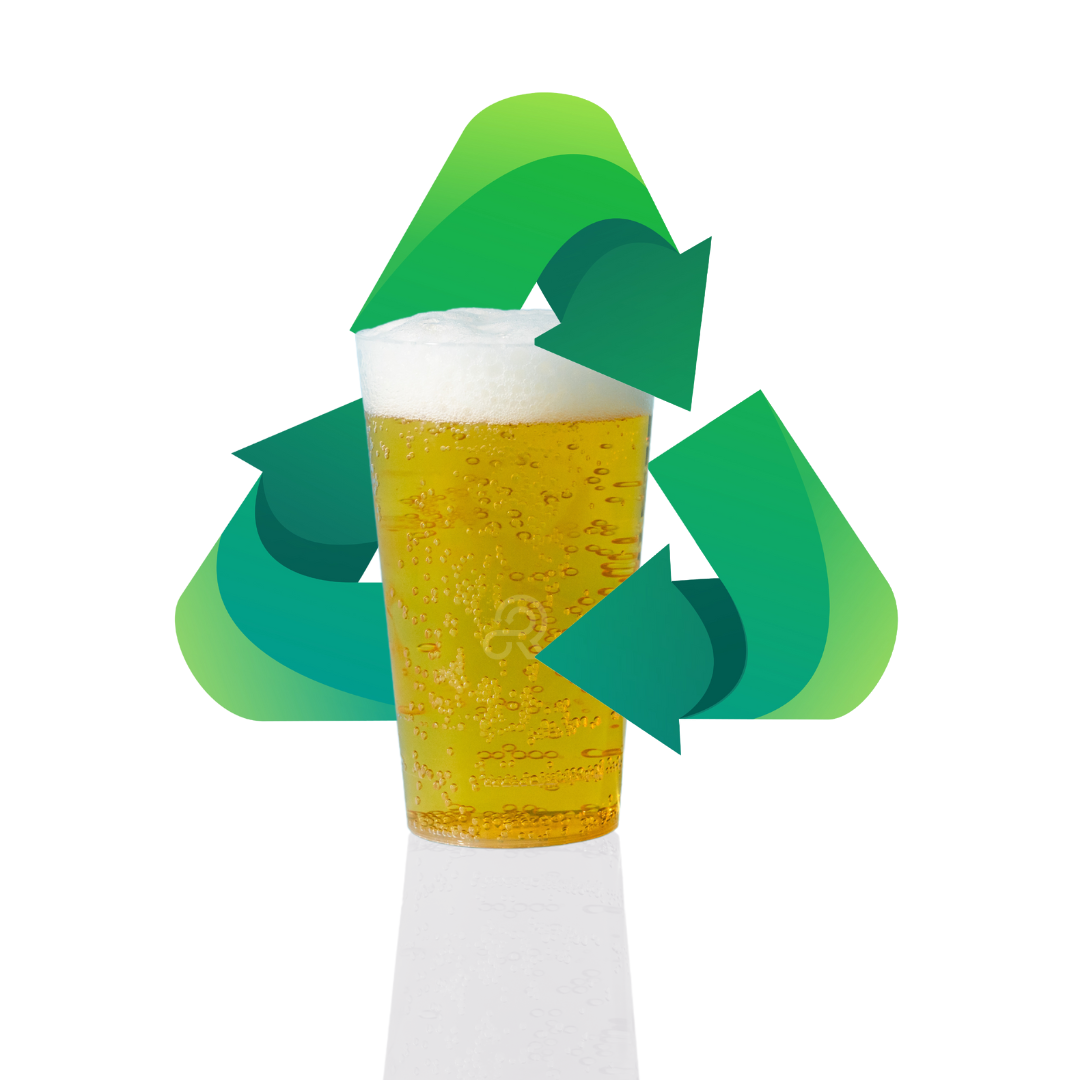In the dynamic world of innovation and sustainability, collaboration is key to success. Recently, we as an organisation took part in the In Residence programme by the City of Amsterdam, an inspiring acceleration programme where innovative entrepreneurs and the city come together to develop sustainable solutions. To gain a better understanding of our collaboration and its impact, we spoke with the Innovation Project Manager, Mark Stoevelaar. It turned into an engaging conversation in which we gained valuable insights and received generous compliments about our approach.
The In Residence programme is designed to help both the municipality and entrepreneurs move forward. “On the one hand, we try to create acceleration within the municipality by gathering issues and seeking solutions for them.” “On the other hand, we help entrepreneurs test their innovations in practice,” says the Innovation Project Manager. For us, this programme offered a unique opportunity to test our solution during major events such as the Liberation Festival and Pride Amsterdam.

During the presentation of the solutions, there was much interest from the organisers and the municipality in the Rubbish portal. “How can such a portal be used to make events more sustainable?” It is also interesting to consider how such a portal could further support the municipality. For example, could a monitoring platform also be a suitable tool for sports parks or construction sites? After all, events are a test case for sustainable innovations. “It was a great match to test this during festivals.”
One of the most valuable aspects of our collaboration was the insight we provided into an area that was unfamiliar to many. “There are quite a few smaller events that don’t have much support.” “Your portal can really be a source of information for them,” we were told.
The Rubbish Portal helps municipalities with valuable data on waste flows and sustainability measures within events, particularly those events within municipal boundaries that are not organised by the municipality itself. This enables them to make better policies, manage circular initiatives more effectively, and adjust where necessary. By gaining insights into the sustainability of events, municipalities can work towards their sustainability goals more strategically and create better collaboration between organisers, waste processors, and suppliers.
Our collaboration was experienced as successful by both parties. “I think we worked really well together. We had structured meetings and kept each other well informed. You operate autonomously and directly contact suppliers, waste processors, and other parties. That’s very nice to see.”
According to Stoevelaar, it is important that municipalities feel responsible for making events more sustainable. The challenge lies in clearly demonstrating why investing in sustainable events is important. However, he believes it is crucial to incorporate sustainability and innovation into your organisation’s decision-making process.
The successful projects with the City of Amsterdam have shown that The Rubbish Portal is a valuable tool for making events more sustainable. We look forward to working with the City of Amsterdam and other municipalities to continue building a more sustainable event landscape.
We would love for you to be in the loop about all the exciting things happening behind the scenes. Sign up for updates and you’ll be the first to know.
